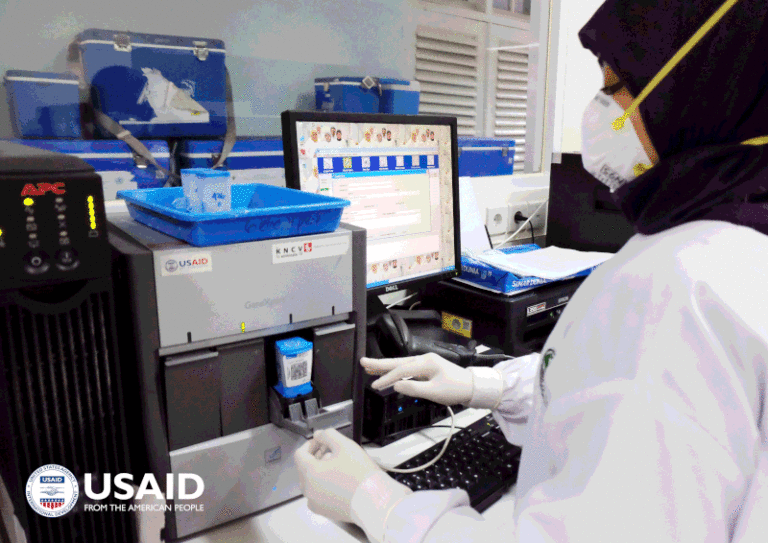13 Benefits of Energy Management System Explained
Benefits of energy management system are; improved performance, cost reduction, productivity, brand improvement, energy conservation, safety, regulation, environmental protection and return on investment.
These benefits are discussed as outlined below;
1). Energy Management System and Improved Performance
2). Energy Management System and Cost Reduction
3). Energy Management System and Environmental Sustainability
4). Energy Management System and Return On Investment (ROI)
5). Energy Management and Productivity
6). Energy Management System and Safety
7). Energy Management System and Property Value
8). Renewable Energy Optimization
11). Reduction of Energy Consumption
12). Energy Management System and Brand Image
13). Regulation of Energy Usage
1). Improved Performance (as one of the Benefits of Energy Management System)
Energy management leads to improved performance of buildings and facilities [1].
There are various reasons for this. They include the fact that energy management reduces overall cost of energy by minimizing wastage [5].
An energy management system also enables energy-dependent equipment to function optimally. This leads to improved performance.
Through the reduction of expenses on energy, more resources are made available, to address other important issues that affect overall performance.
2). Cost Reduction
Cost reduction is an important benefit of an energy management system [3].
By continuously tracking energy usage, the energy management system provides useful data on the rate of energy consumption and the corresponding cost.
This data can be utilized when making decisions to save energy and reduce cost.
With the information generated by an energy management system, users can regulate the use of appliances and equipment that require energy, thereby reducing operational cost.
Although there is no specified range of cost reduction, some studies suggest that an energy management system can reduce operational cost by 20-40%.
3). Environmental Sustainability (as one of the Benefits of Energy Management System)
Energy production and usage, are known to affect the environment.
The use of an energy management system to regulate and optimize energy usage, can help to address environmental problems.
One of the ways by which this occurs, is by reduction of environmental carbon footprint [7]. This is the overall amount of greenhouse gas that is produced and emitted as a result of human activity.
With a significant portion of greenhouse gases being released in the process of energy development, the use of energy management systems to optimize energy-related processes will have positive effects on the environment.
Energy management systems can also help in addressing the issue of pollution that occurs as a result of energy wastage.
4). Return on Investment (ROI)
The cost-reducing capability of an energy management system, implies that it can have significant return on investment.
Some of the ways by which an energy management system returns value to the user include energy data collection, analysis, monitoring, and control.
Through these functionalities, it is possible to receive regular information on energy consumption rates and conditions, as well as to regulate energy usage to reduce operational cost.
5). Energy Management and Productivity (as Benefits of Energy Management System)
By reducing the amount of energy that is wasted in a building or facility, an energy management system causes an improvement in productivity [2].
This is because a reduction in energy wastage makes more energy to be available for use.
In industries, an energy management system optimizes the production process, thereby increasing efficiency of output, and productivity. Similarly, in buildings, energy management systems control and regulate operational energy usage, leading to improved productivity
6). Safety
Safety problems related to electricity are a major issue in all sectors of commerce and industry.
By collecting and tracking data on energy usage, an energy management system provides up-to-date information on the energy performance of buildings, facilities, appliances and equipment.
This information can be studied to observe anomalous behaviors in energy production, supply and usage, that may lead to safety problems. When such observations are made, they can be used to prevent potential hazards.
7). Energy Management System and Property Value (as Benefits of Energy Management System)
Buildings and other facilities which are equipped with an energy management system, are generally considered more valuable than their counterparts without such installations [6].
This is because of the cost-reducing and energy-optimizing benefits of an EMS, and is applicable in all conditions.
8). Renewable Energy Optimization
Buildings which are powered by renewable energy technologies like solar panels, and geothermal systems, can benefit from an energy management system.

Firstly, the system can be used to analyze and estimate the energy needs of the building, which can in turn be used to determine the capacity of the renewable energy system.
Also, the energy management system can be used to regulate the consumption of energy by appliances in the building, thereby optimizing the use of renewable energy.
9). Incentives (as one of the Benefits of Energy Management System)
Incentive programs in some parts of the world are one of the benefits of installing an energy management system.
These programs reduce the cost of installing energy management systems, thereby supporting potential users of these systems.
10). Power Storage
An energy management system optimizes the use of backup power, by regulating the use of energy.
This function is beneficial both in terms of reserving enough power to be stored in the backup system, and in terms of optimizing the rate at which backup power is consumed.
The data analyses performed by energy management systems, enable the user to identify the non-essential energy loads which consume the most power [4]. These loads can then be regulated effectively to save energy and extend the life of batteries.
11). Reduction of Energy Consumption (as one of the Benefits of Energy Management System)
Reduction of energy consumption is one of the most obvious benefits of an energy management system.
A significant portion of overall energy demand can be removed by energy management systems, as a result of their conservative functionality.
By reducing energy consumption, the energy management system conserves energy resources, protects the environment, and improves the economy.
12). Energy Management System and Brand Image
For businesses, an energy management system facilitates improvements that can positively affect brand image.
Some areas of such improvements include product optimization, work culture, environmental conservation, and waste minimization.
Potential clients, customers and investors, are usually encouraged to partner with a business when these improvements are observed.
13). Regulation of Energy Usage (as one of the Benefits of Energy Management System)
Regulation of energy usage, is the means by which an energy management system conserves energy.
Some energy management systems regulate energy usage through an automated process. This is possible when the system is equipped with artificial intelligence and IoT technologies, that enable it analyze data, make decisions and execute functions autonomously.
Otherwise, the data provided by the system can be used to identify significant energy loads which can be regulated to conserve energy.
Conclusion
Benefits of an energy management system are;
1). Improved Performance
2). Cost Reduction
3). Environmental Sustainability
4). Return On Investment (ROI)
5). Improved Productivity
6). Safety
7). Increase in Property Value
8). Renewable Energy Optimization
9). Incentives
10). Power Storage
11). Reduction of Energy Consumption
12). Brand Image Improvement
13). Regulation of Energy Usage
References
1). Azizi, N. S. M.; Wilkinson, S.; Fassman, E. (2014). “Management practice to achieve energy-efficient performance of green buildings in New Zealand.” Architectural Engineering and Design Management 10(1-2). Available at: https://doi.org/10.1080/17452007.2013.837245. (Accessed 6 April 2022).
2). Chang, Q.; Xiao, G.; Li, L.; Biller, S. (2011). “Energy Management in Manufacturing Systems.” ASME 2011 International Manufacturing Science and Engineering Conference. Available at: https://doi.org/10.1115/MSEC2011-50098. (Accessed 6 April 2022).
3). Lee, D.; Cheng, C. (2016). “Energy savings by energy management systems: A review.” Renewable and Sustainable Energy Reviews 56:760-777. Available at: https://doi.org/10.1016/j.rser.2015.11.067. (Accessed 6 April 2022).
4). Refaat, S. S. (2014). “Residential Load Management System For Future Smart Energy Environment.” Qatar Foundation Annual Research Conference ARC’14At: Doha, Qatar. Available at: https://doi.org/10.5339/qfarc.2014.ITOP0645. (Accessed 6 April 2022)..
5). Roslizar, A.; Alghoul, M. A.; Bakhtyar, B.; Asim, N.; Sopian, K. (2014). “Annual Energy Usage Reduction and Cost Savings of a School: End-Use Energy Analysis”, The Scientific World Journal, vol. 2014, Article ID 310539, 8 pages,2014. Available at: https://doi.org/10.1155/2014/310539. (Accessed 6 April 2022).
6). Sayed, K.; Gabbar, H. A. (2018). “Building Energy Management Systems (BEMS).” In: Energy Conservation in Residential, Commercial, and Industrial Facilities (pp.15-81). Available at: https://doi.org/10.1002/9781119422099.ch2. (Accessed 6 April 2022).
7). Yudi, F.; Lin, H. W. (2017). “Impacts of energy management practices on energy efficiency and carbon emissions reduction: A survey of malaysian manufacturing firms,” Resources, Conservation & Recycling, Elsevier, vol. 126(C), pages 62-73. Available at: https://doi.org/10.1016/j.resconrec.2017.07.023. (Accessed 6 April 2022).

